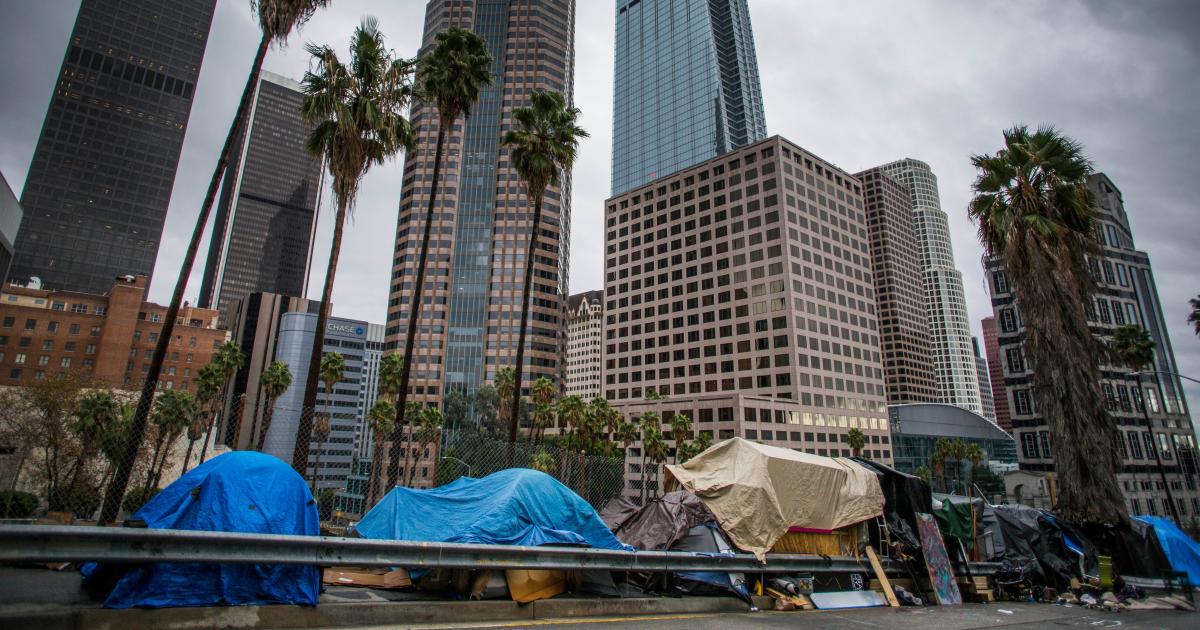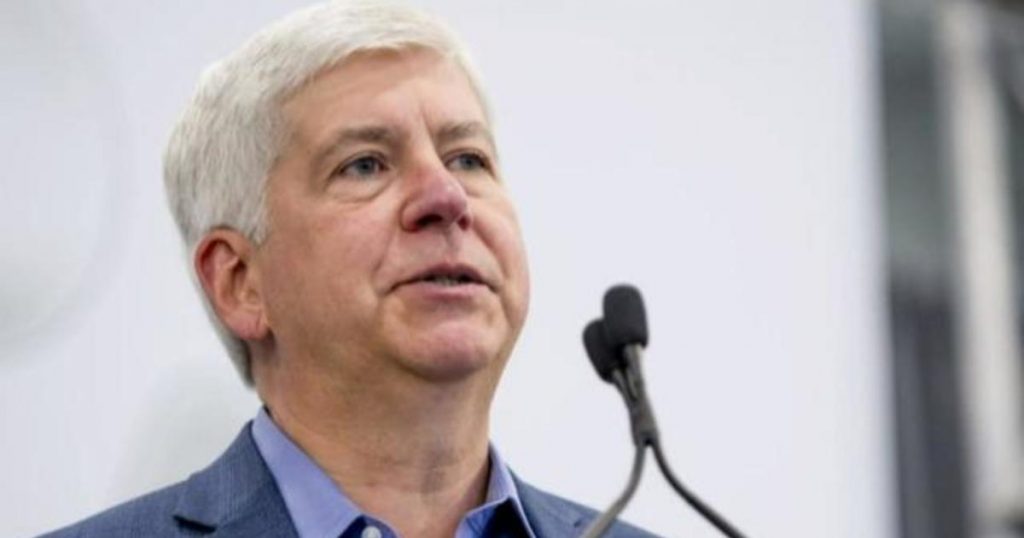
As the supply of COVID-19 vaccines expands across the country, officials and advocates overseeing the rollout to Americans experiencing homelessness are clear-eyed about the challenges but remain cautiously optimistic thanks to the lessons they’ve learned from past outbreaks.
Experts acknowledge that distrust in the medical system, a lack of primary care, and a two-dose regimen for those without permanent housing are high hurdles.
In Detroit this week, Cass Community Social Services received the first doses at three of their facilities for the homeless. In Virginia, eligibility has expanded to individuals in homeless shelters. But the nation’s patchwork rollout means it’s been bumpier elsewhere. In Boston, doses earmarked for shelters that were slated to arrive at the end of 2020 were delayed, with those doses now expected by January 25.
“We’re under no illusions that this is an easy task,” said Dr. Nathan Furukawa, who leads the homelessness unit on the Centers for Disease Control and Prevention’s vaccine task force. “It’s going to take extra effort, resources, and dedication thinking about persons experiencing homelessness just because they’re more vulnerable.”
There are more than 500,000 people experiencing homelessness across America, a group the CDC says is “particularly vulnerable” to coronavirus, especially those who are older and have underlying medical conditions.
For Dr. Emily Mosites, an epidemiologist leading the CDC’s COVID-19 response for the homeless, making sure individuals receive a second dose is critical, saying it will take a “collaborative effort” from public health officers and homeless services to get it done.
While the task ahead is daunting, those who oversee outreach programs for the homeless say they’ve forged strong relationships with health officials by fighting recent infectious disease outbreaks, a familiarity that may prove useful in executing this latest campaign.
“In the past couple years, there’s been several hepatitis A outbreaks across the nation,” said Furukawa. “And so several local jurisdictions and states have a lot of experience figuring out how to reach these people.”
Rates of hepatitis A infection steadily declined after the introduction of a vaccine in 1996, according to the CDC. But a crop of outbreaks, many of which were among individuals experiencing homelessness, resulted in a rise in cases starting in 2016. A 2018 report found that among more than 1,500 infections in 2017, a third were individuals experiencing homelessness.
In 2017, a hepatitis A outbreak in Los Angeles was the first test of the city’s outreach program working with unsheltered individuals, according to Colleen Murphy, manager of unsheltered strategies at the Los Angeles Homeless Services Authority. The initial step was educating the staff on the vaccine, which, like the two available for COVID-19, requires two doses, though six months apart rather than a few weeks. The next step was working with health officials to administer doses.
“They had the stuff, we had the rapport, and we were able to really stop a very concerning hepatitis A outbreak in its tracks and saw no mortality and really did not see it take hold like it did in San Diego,” she said.
More than three years later, with COVID-19 vaccinations underway, she expects to take the same approach.
Successful vaccine rollouts among homeless populations have occurred for other disease outbreaks as well. When a meningococcal outbreak hit Boston’s homeless shelters in 2016, advocates and officials responded swiftly. In a six-week period, Boston Health Care for the Homeless Program, led by President Jim O’Connell, vaccinated more than 3,600 people, roughly half of the city’s entire homeless population. And while O’Connell acknowledges he has never had to orchestrate a two-dose vaccine campaign, he believes the city will benefit from leaning on the relationships between the organization and the city’s shelters.
“What we also have learned over time is that homeless people, just like all of us, have a lot of different feelings about vaccinations and medical interventions,” he said. “We’ve had a lot of experience learning to engage, or taking time to engage people.”
People who experience homelessness face many difficulties with accessing medical care. A 2008 study documented the experiences of 15 homeless individuals who said they were treated with disrespect, felt ignored by medical staff and said they were treated like animals or like they were receiving experimental care. The author found that some respondents “tried to distance themselves from other homeless people to get better care.”
Some may be resistant to taking the vaccine. A 2020 survey of 44 people experiencing homelessness in Detroit found 23% were reluctant to get a vaccine and over 40% believed it would be difficult to receive in the city.
Dr. Abraar Karan, an internal medicine physician at Harvard Medical School and Brigham and Women’s Hospital, said the work must happen at the community level. “You can’t be sending in people that are not from the community,” Karan said. “I think that the key here is to really leverage those leaders on the ground who are already there.”
Mosites said it will be key to bring resources directly to individuals and suggests vaccination sites be set up at places like shelters or day centers.
Amy Schwabenlender, executive director of the Human Services Campus in Phoenix, Arizona, plans to do just that. In collaboration with a local nonprofit, her team expects to use an existing testing infrastructure to administer doses of vaccine. While it may take a bit longer than the general population, she said her goal is for the community she works with to reach the vaccination rate is necessary to attain herd immunity.
In Los Angeles, assuming the doses can stay cold, officials said they have the potential to bring vaccines directly to individuals on the street, just as they’ve done with COVID-19 tests and hepatitis A vaccines.
Ultimately, Karan emphasized that slowing the pandemic is contingent on successfully vaccinating the most vulnerable and that equity is imperative. “We need to live in societies where we value our most vulnerable,” he said. “If we can’t do that, then what kind of society do we live in?”

